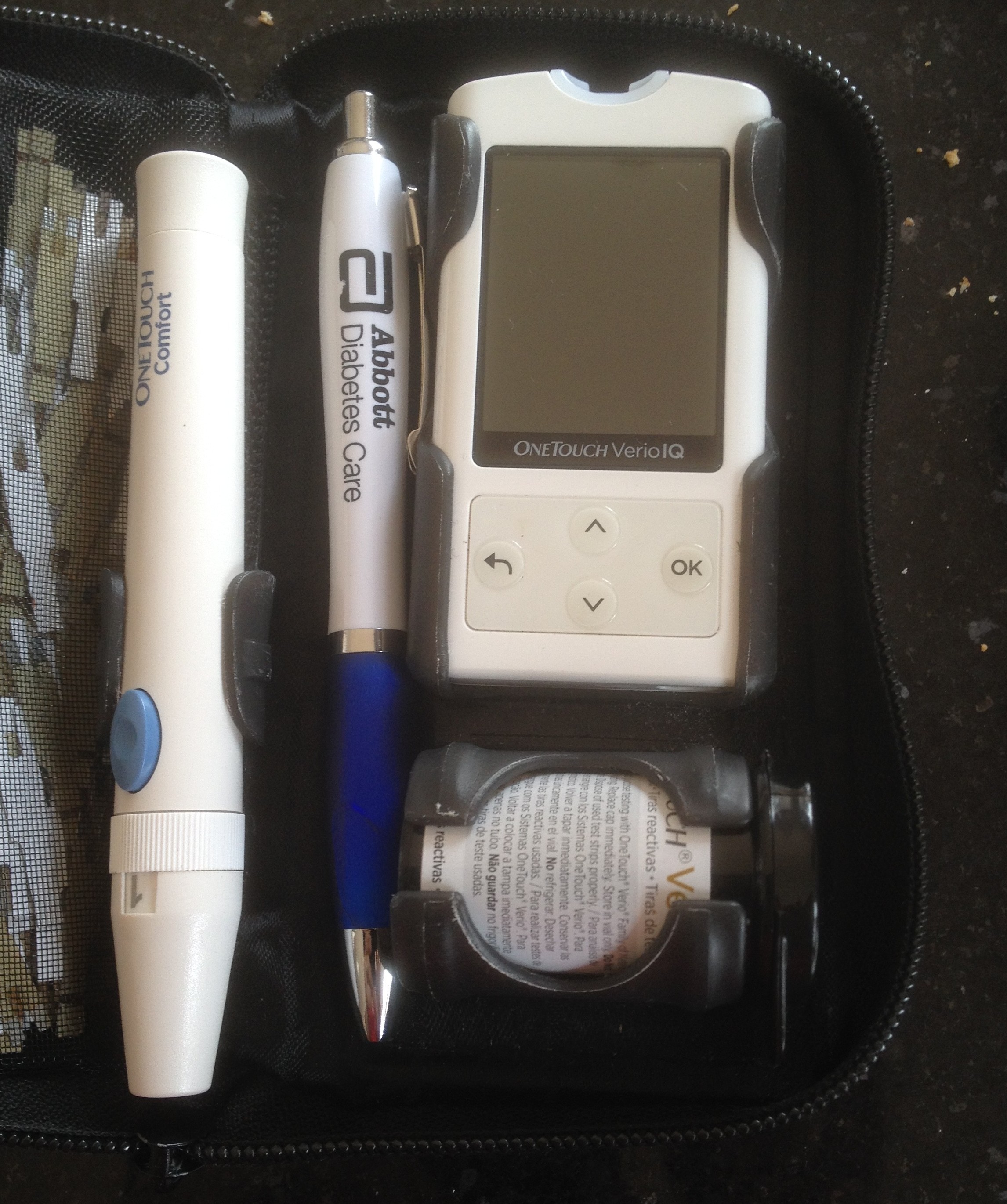Writing blogs posts is so therapeutic for me and my life with type 1 diabetes. And in the last couple of months, I've had so much I wanted to write about and no time to do it while we were organising Thriveabetes. So now that Thriveabetes is over for another year, I thought that I would end up bored because I have so much free time. Yeah right!!! There is so much going on in the diabetes world right now, so many events I want to attend and I'm still struggling to keep up. This week the count is five diabetes related events for me in the next seven days. All of which I'm excited about because only two of them I'm organising, the rest I get to sit back and hang out with my diabetes tribe. I really, really enjoyed meeting old friends, Kieran, Ger, Michael, Carmel, Cyril, Pauline & one of the other Grainne's, and new friends; Cliona (sorry I didn't get back to chat to you proper:-(, Deborah, Linda and Barbara at the Type 1 Diabetes event in Galway the night before last. And lots of thoughts in my head to post about later!!!!

Thankfully though, none of this madness has an, umm, unexpected, effect on my diabetes. Sure, there have been a couple of bumps, but nothing has hit me from out of the blue. And this year with Thriveabetes, my stress levels were much more manageable . Instead of a month long period of elevated blood glucose levels it was condensed down to 48 hours:-) My bloods sugars only went completely nuts on the trampoline once I arrived at the Killashee hotel on Friday evening. As for the Saturday morning of the event, I think everyone I bumped into as I was running back and forth that long corridor from room to room can bear witness to my stress levels. Thank goodness for that running back and forth though. It kept my blood glucose levels from rising above the mid teens. The experience of organising last year's Thriveabetes made me more confident in adjusting my insulin to compensate for stress and I was fairly confident that I would have dozens of hypos.
So, in the coming weeks I will be back to my weekly blog posts and sharing lots of information from the diabetes media that I find valuable on my facebook and twitter pages. And it feels so good to be back.





